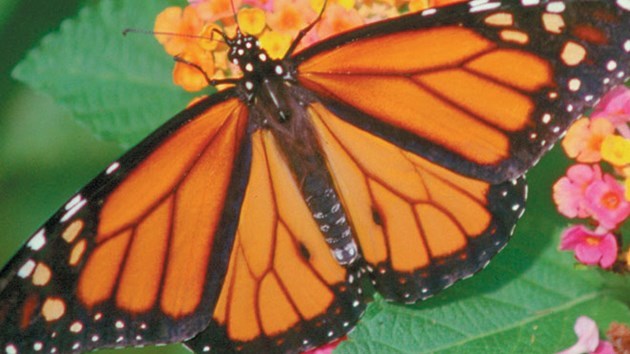OrilliaMatters welcomes letters to the editor. This letter is related to Friday's story about the city's removal of milkweed from a garden at the West Orillia Sports Complex. You can read that story here.
********************
Tom Griffiths is absolutely correct in objecting to the wilful destruction of the larval habitat of Monarch butterflies on city property.
Milkweed is no longer considered a noxious weed. It is the plant required for Monarch butterfly reproduction.
The milkweed that was removed should be replaced immediately by Asclepias incarnata, Swamp Milkweed, a non-invasive version of milkweed and also a Monarch butterfly reproductive habitat provider.
Most residents would object to the removal of the milkweed along with the developing Monarch caterpillars and eggs clinging to it, but were not consulted. Yet, this is public property.
To manager, Marcia Russell, who conveniently laid responsibility at the feet of staff, you are culpable.
Was it through ignorance or unquestioning habit that you and your staff ended the lives of hundreds of Monarch butterflies? Monarchs are a species that has been already diminished to the point that only 20 per cent of its once vibrant population remains.
How can our city go forward in an environmentally-sustainable way with uninformed, ineffective people in management roles?
Here is something to remember: bees are not the only pollinators. Butterflies are pollinators, too. So are Hummingbirds. The list is long. Plants that attract butterflies also attract bees. Any person educated in the role of plants would know this.
To John McMullen, Manager of Parks, you talk a different game than parks staff practise. How does the city plan to rectify that?
Who is helping parks staff understand that it is part of a public duty not to destroy an endangered species? Parks planning is not only about planning new parks, but is also about re-calibrating existing parks in ways that serve populations of pollinators, rather than destroying them, and educate residents along the way. This needs to be spelled out as city policy.
I urge residents who love butterflies, bees and birds to make note of city operations which destroy pollinator habitat, whether that be by injudicious weeding, mowing, digging or spraying. Note place, date and time. Take photos.
Share the information with city councillors and media, and organizations such as Sustainable Orillia and Orillia Bee City.
Janet Houston
Orillia
********************



